Temporary slide preparation
Home » Science Education » Temporary slide preparationTemporary slide preparation
Temporary Slide Preparation. Pipe a liquid sample such as blood or slime onto a slide. Put a cover slip over the sample careful not to trap air bubbles. Avoid entry of air bubbles. There are two types of prepared slides.
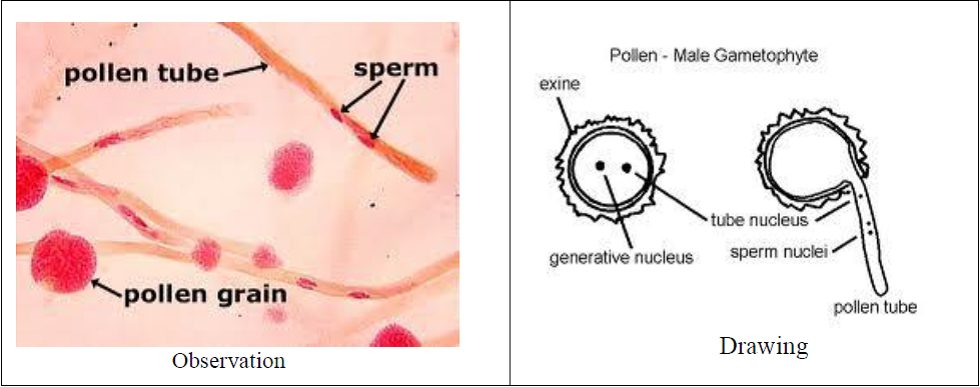 Slide Preparation Biology4isc From biology4isc.weebly.com
Slide Preparation Biology4isc From biology4isc.weebly.com
Another mounting method used is heat fixing the specimen to the slide. Immersion oil is placed on the slide while heat is used to fix the specimen to the slide and no cover slip is used. Clean slide is taken with a drop of glycerine in the middle and a brush is used to transfer the washed and stained peel on to it. Follow the following procedure for preparation of temporary slides. Temporary slides utilize the liquid mounting method the most. Cut the onion bulb vertically into two parts.
Temporary slide preparation of germinating pollen grains aim.
Another mounting method used is heat fixing the specimen to the slide. Smear slides require two or more flat plain slides cover slips pipette and tissue paper. Set it on a clear glass slide. Temporary slides utilize the liquid mounting method the most. Remove the extra glycerine using a piece of blotting paper. Temporary slide preparation of germinating pollen grains aim.
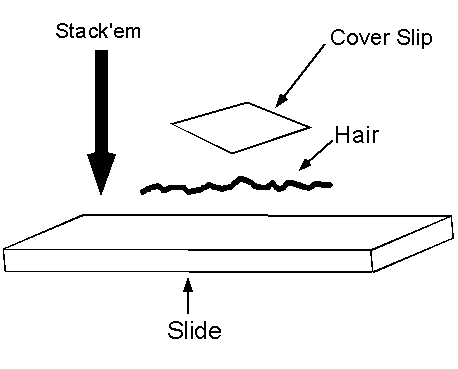
Set it on a clear glass slide. Cut the onion bulb vertically into two parts. Evenly draw the second slide across the surface of the first slide creating a smear. Dry mounts and wet mounts. Clean slide is taken with a drop of glycerine in the middle and a brush is used to transfer the washed and stained peel on to it.
Source: studyrankers.com
This gives you a longitudinal section through the bulb. This preparation of onion root tip cells is now ready for the study of mitosis. Put a cover slip over the sample careful not to trap air bubbles. There are two types of prepared slides. Cover slip is placed over it by slowly lowering it with a needle.
 Source: en.ppt-online.org
Source: en.ppt-online.org
Dry mounts and wet mounts. Put a cover slip over the sample careful not to trap air bubbles. Remove the extra glycerine using a piece of blotting paper. Take a cover slip and place it gently on the peel with the aid of a needle. Capillary action will draw the liquid into a line where the flat edge of the second slide touches the first slide.
Source: overallscience.com
Remove a thin piece of epidermis from this leaf using forceps. Use the edge of this slide to touch the drop. Separate a fleshy leaf from one of the parts. Place a drop of glycerine over the peel on a glass slide. Cover slip is placed over it by slowly lowering it with a needle.
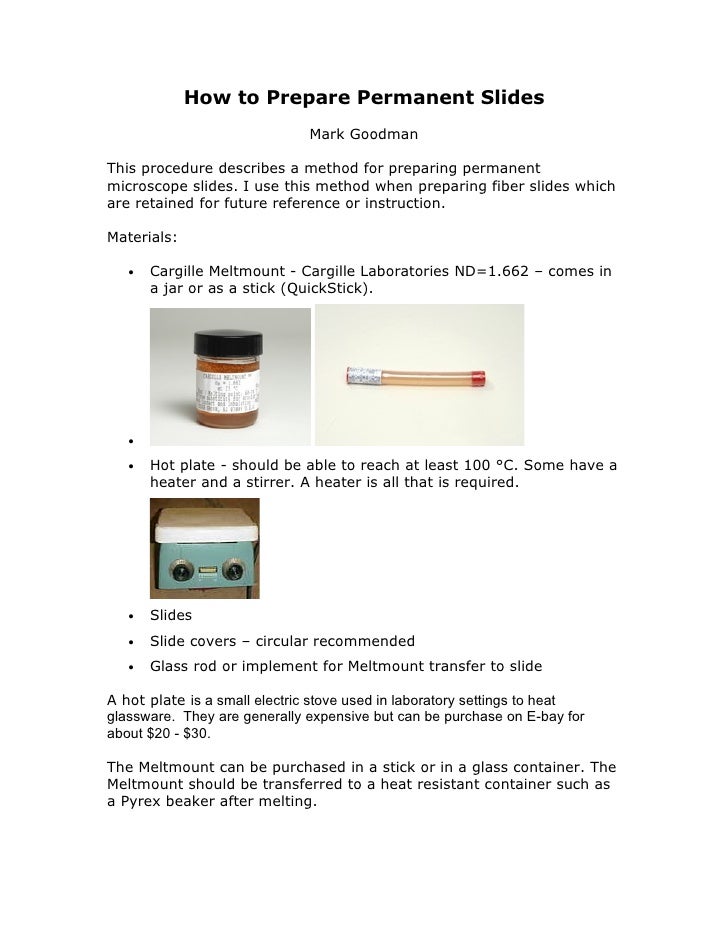 Source: slideshare.net
Source: slideshare.net
Take a cover slip and place it gently on the peel with the aid of a needle. This preparation of onion root tip cells is now ready for the study of mitosis. Remove the excess of water or stain if any from the slide surrounding the peel with the help of a blotting paper. Hold it at an angle to the first slide. Remove the extra glycerine using a piece of blotting paper.
 Source: phywe.com
Source: phywe.com
Take the peel out after 2 3 minutes. Hold it at an angle to the first slide. Capillary action will draw the liquid into a line where the flat edge of the second slide touches the first slide. This preparation of onion root tip cells is now ready for the study of mitosis. Place a drop of glycerine over the peel on a glass slide.
 Source: biology4isc.weebly.com
Source: biology4isc.weebly.com
Excess glycerine is removed from the edges of cover slip with the help of a piece of blotting paper. Clean slide is taken with a drop of glycerine in the middle and a brush is used to transfer the washed and stained peel on to it. Preparation of temporary slides. Dry mounts and wet mounts. Using the edge of the second slide slowly smear the sample creating a thin even coating.
 Source: wikihow.com
Source: wikihow.com
Separate a fleshy leaf from one of the parts. Immersion oil is placed on the slide while heat is used to fix the specimen to the slide and no cover slip is used. Add a drop of glycerin on the peel. Remove the extra glycerine using a piece of blotting paper. Excess glycerine is removed from the edges of cover slip with the help of a piece of blotting paper.
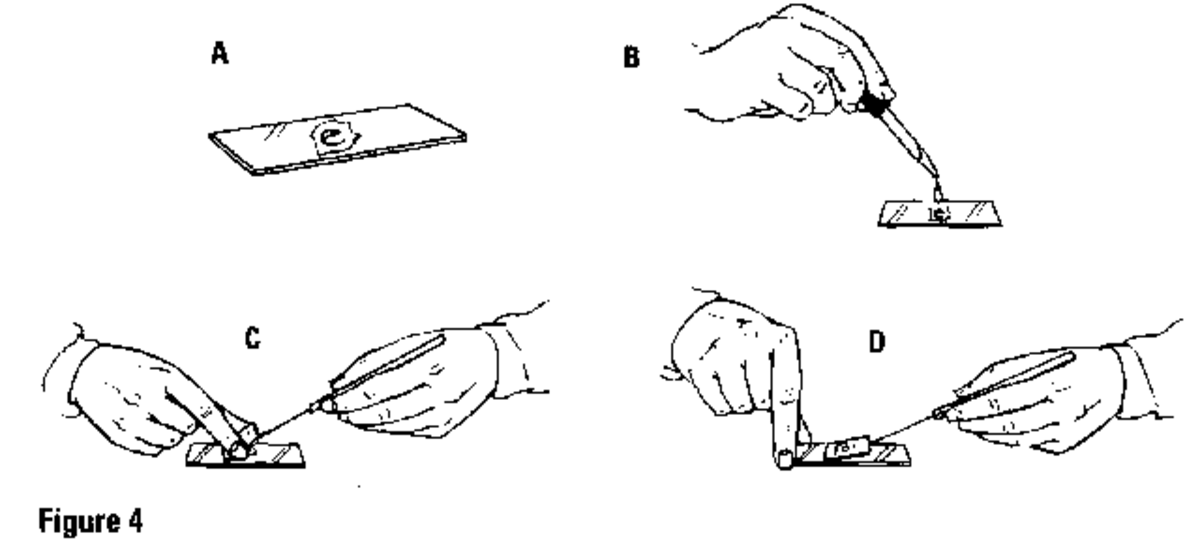 Source: discover.hubpages.com
Source: discover.hubpages.com
Excess glycerin and stain can be removed using blotting paper. Dry mounts and wet mounts. Another mounting method used is heat fixing the specimen to the slide. Take the peel out after 2 3 minutes. Separate a fleshy leaf from one of the parts.
 Source: slideshare.net
Source: slideshare.net
Remove the extra glycerine using a piece of blotting paper. Follow the following procedure for preparation of temporary slides. Add a drop of glycerin on the peel. Excess glycerin and stain can be removed using blotting paper. Immersion oil is placed on the slide while heat is used to fix the specimen to the slide and no cover slip is used.
 Source: youtube.com
Source: youtube.com
To prepare a temporary slide of germinating pollen grains material required. Cut the onion bulb vertically into two parts. Cover slip is placed over it by slowly lowering it with a needle. Using a dropper place one drop of n 10 hcl on the root tip followed by 2 3 drops of acetocarmine stain. Evenly draw the second slide across the surface of the first slide creating a smear.
Source: studyrankers.com
Take a cover slip and place it gently on the peel with the aid of a needle. Immersion oil is placed on the slide while heat is used to fix the specimen to the slide and no cover slip is used. Capillary action will draw the liquid into a line where the flat edge of the second slide touches the first slide. Use the edge of this slide to touch the drop. Preparation of temporary slides.
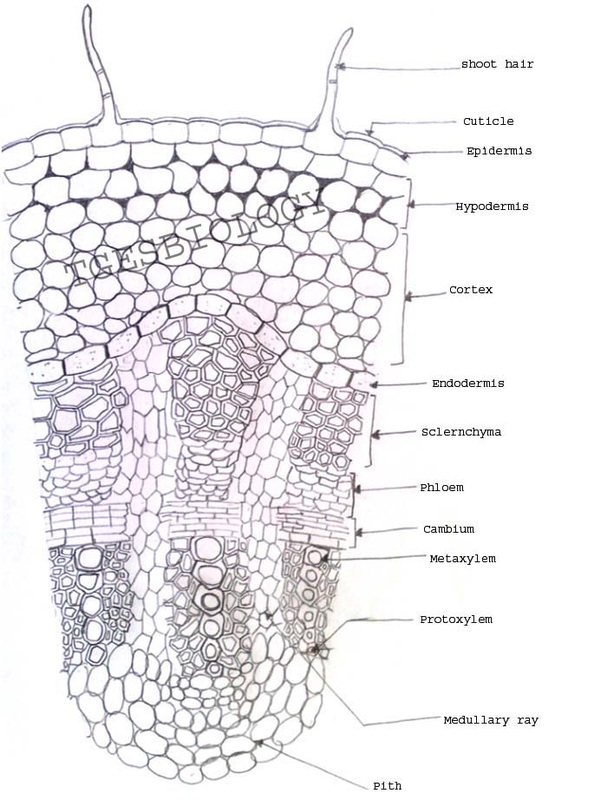 Source: biology4isc.weebly.com
Source: biology4isc.weebly.com
Examine the slide first under a low power and then under a high power magnification of a compound microscope. Capillary action will draw the liquid into a line where the flat edge of the second slide touches the first slide. Remove a thin piece of epidermis from this leaf using forceps. Use the edge of this slide to touch the drop. Using the edge of the second slide slowly smear the sample creating a thin even coating.
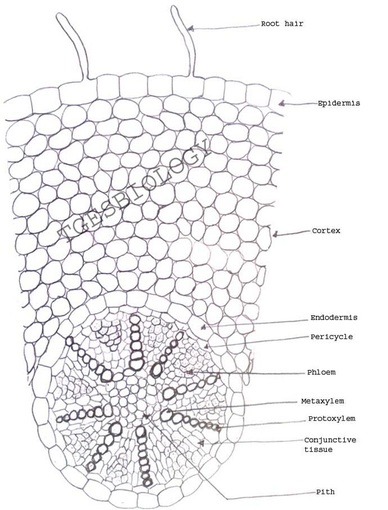 Source: biology4isc.weebly.com
Source: biology4isc.weebly.com
Put a clear coverslip over it gently using a needle. Take a second clean slide. Follow the following procedure for preparation of temporary slides. Remove the excess of water or stain if any from the slide surrounding the peel with the help of a blotting paper. Set it on a clear glass slide.
 Source: en.ppt-online.org
Source: en.ppt-online.org
Take the peel out after 2 3 minutes. Remove the excess of water or stain if any from the slide surrounding the peel with the help of a blotting paper. Put a cover slip over the sample careful not to trap air bubbles. Excess glycerin and stain can be removed using blotting paper. Hold it at an angle to the first slide.
If you find this site serviceableness, please support us by sharing this posts to your own social media accounts like Facebook, Instagram and so on or you can also save this blog page with the title temporary slide preparation by using Ctrl + D for devices a laptop with a Windows operating system or Command + D for laptops with an Apple operating system. If you use a smartphone, you can also use the drawer menu of the browser you are using. Whether it’s a Windows, Mac, iOS or Android operating system, you will still be able to bookmark this website.
